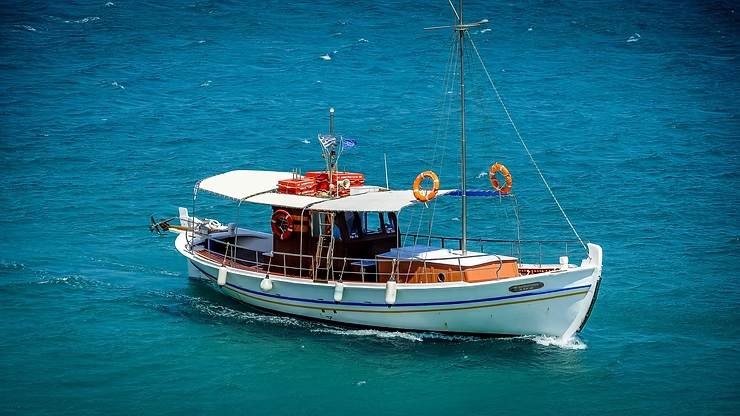Responsible Boating: Protecting Oceans While Enjoying Them
Boating, sailing, and water recreation bring joy to millions, but they can harm fragile marine habitats if not practiced responsibly. By adopting eco-friendly habits, boaters and recreational users can help safeguard coral reefs, seagrass beds, and marine wildlife while continuing to enjoy the ocean.
Key Practices for Responsible Boating
Education and Awareness
Raising awareness about marine biodiversity helps boaters understand their impact and encourages more mindful choices.
Boater Education Programs
Training programs on safe navigation, anchoring, and avoiding reef or seagrass damage foster long-term conservation practices.
Eco-Friendly Navigation
- Follow designated boating routes and no-anchor zones.
- Use mooring buoys or anchor balls instead of dropping anchors on fragile seafloors.
- Respect speed limits to reduce wildlife disturbance and risk of strikes.
Wildlife Protection
Adopt responsible wildlife viewing practices — maintain safe distances from whales, sea turtles, nesting birds, and seals. Reduce engine noise and limit interaction time during whale-watching.
Waste & Pollution Management
Dispose of trash, sewage, and fuel responsibly. Use fuel-efficient engines and reduce idling to cut emissions and protect water quality.
Sustainable Fishing
Recreational anglers should practice catch-and-release, respect catch limits, and avoid targeting protected species to ensure healthy fish populations.
Cleanup & Invasive Species Prevention
Participate in coastal cleanup events and keep boat hulls clean to prevent the spread of invasive species that threaten marine ecosystems.
Community and Certification
Encourage boating certifications that include environmental education, and involve local communities in promoting responsible marine recreation as part of cultural and economic heritage.
Collaboration & Monitoring
Partnerships with marinas, yacht clubs, NGOs, and governments can strengthen conservation regulations. Monitoring programs help assess habitat health, while boaters can report environmental damage or wildlife disturbances.
Balancing Enjoyment and Conservation
Responsible boating allows us to experience the beauty of the ocean while minimizing harm to sensitive habitats. By practicing these principles, we ensure that our seas remain vibrant and resilient, offering safe havens for marine life and lasting enjoyment for future generations.

